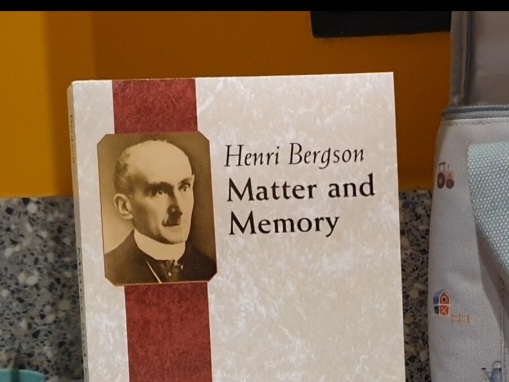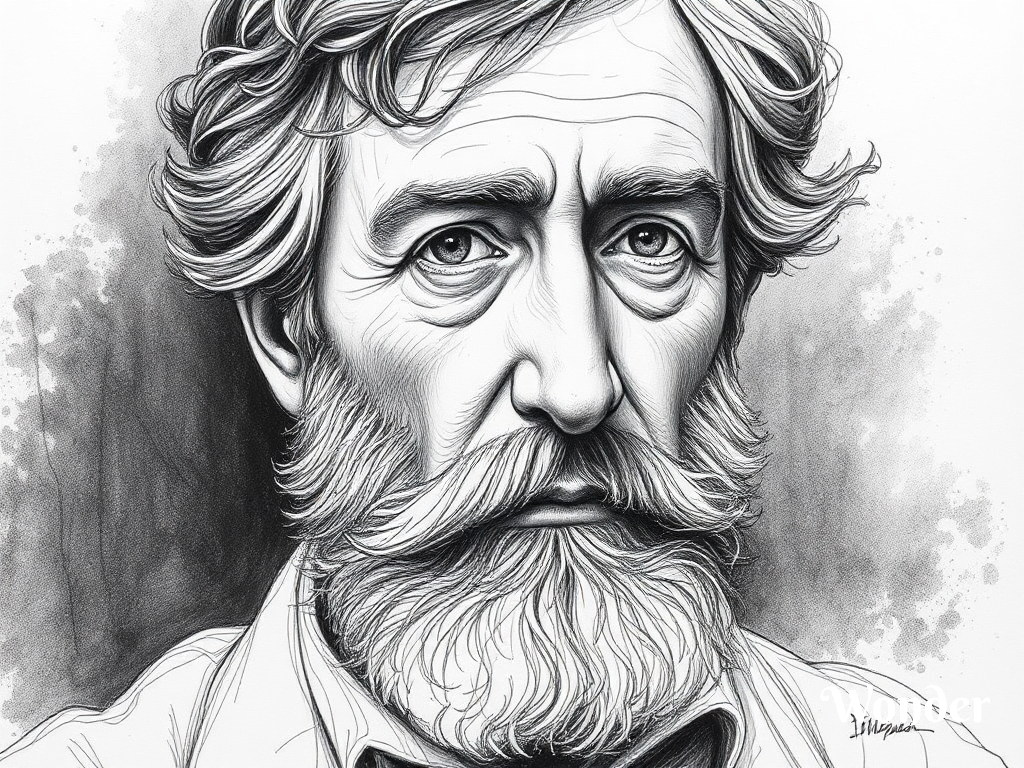Thomas Hobbes, the renowned English philosopher, revolutionized the field of political science with his seminal work, “Leviathan.” In this treatise, Hobbes presents a compelling account of the social contract theory, exploring the fundamental nature of humans and the necessary conditions for a functioning society. Hobbes’ insights provide us with a deeper understanding of ourselves as individuals and as members of a larger social structure. This article aims to explore the implications of Hobbes’ social contract theory and how it reveals crucial aspects of human nature and society.
Hobbes begins by analyzing the state of nature, characterizing it as a state of perpetual war and anarchy. In this hypothetical scenario, every individual has the right to everything, including the power to preserve their own lives. However, Hobbes argues that this “war of all against all” creates an inherently unstable and chaotic environment, where life is “solitary, poor, nasty, brutish, and short.” By presenting this dystopian depiction of human nature, Hobbes sheds light on our innate tendencies towards self-preservation and our inclination to act in our self-interest.
The Social Contract
To escape the perils of the state of nature, Hobbes posits the idea of a social contract. According to this theory, individuals voluntarily surrender certain rights and liberties to a governing authority in exchange for protection and the establishment of a stable society. The society, in turn, agrees to uphold and enforce these laws, maintaining order and preventing the return to a state of anarchy. Hobbes argues that this contract is essential to overcome the inherent selfishness and aggression of human nature. By examining the social contract, we gain insights into our collective responsibility to maintain a functioning society and the delicate balance between individual rights and the common good.
The Sovereign
Central to Hobbes’ social contract theory is the concept of a sovereign, an authoritative figure entrusted with the power to enforce laws and resolve disputes. The sovereign serves as a unifying force, establishing order and ensuring the peaceable existence of society. Hobbes argues that the sovereign’s authority is legitimate as long as they can effectively protect their subjects from the state of nature. This aspect of the social contract brings to light the need for a centralized governing authority and the potential dangers of arbitrary power. It also reveals our inherent desire for security and the trade-offs between personal liberties and safety.
Power and Consent
Hobbes emphasizes that the power of the sovereign derives from the consent of the governed. By consenting to the social contract, individuals agree to abide by the rules and laws established by the sovereign. But this raises the question of whether individuals can truly give informed consent. Hobbes suggests that the fear of the state of nature and the desire for security motivate individuals to consent to the social contract, even if they may not fully comprehend its ramifications. This notion exposes the complexities of power dynamics and the extent to which individuals willingly cede their own freedoms.
War and Conflict
Hobbes argues that the primary cause of war and conflict in society is the innate human drive for power and the fear of losing it. This perpetual struggle for dominance arises from our self-serving nature and our desire to secure our own interests. Through Hobbes’ lens, we see that our aspirations for power and our ability to be influenced by fear can lead to strife and violence within any form of social contract.
Conclusion
Thomas Hobbes’ social contract theory offers valuable insights into the nature of humans and the functioning of societies. His exploration of the state of nature exposes our inherent selfishness and inclination to seek personal gain. The social contract, as proposed by Hobbes, highlights our collective responsibility to establish and maintain a functional society. The concept of a sovereign reminds us of the importance of a centralized authority, while also raising concerns about the risks of unchecked power. Finally, Hobbes’ recognition of power dynamics and the role of fear in consent helps us understand the complexities of our individual and collective choices. Exploring Hobbes’ social contract theory reveals significant aspects about ourselves and the ways in which we can navigate the challenges of contemporary society.




